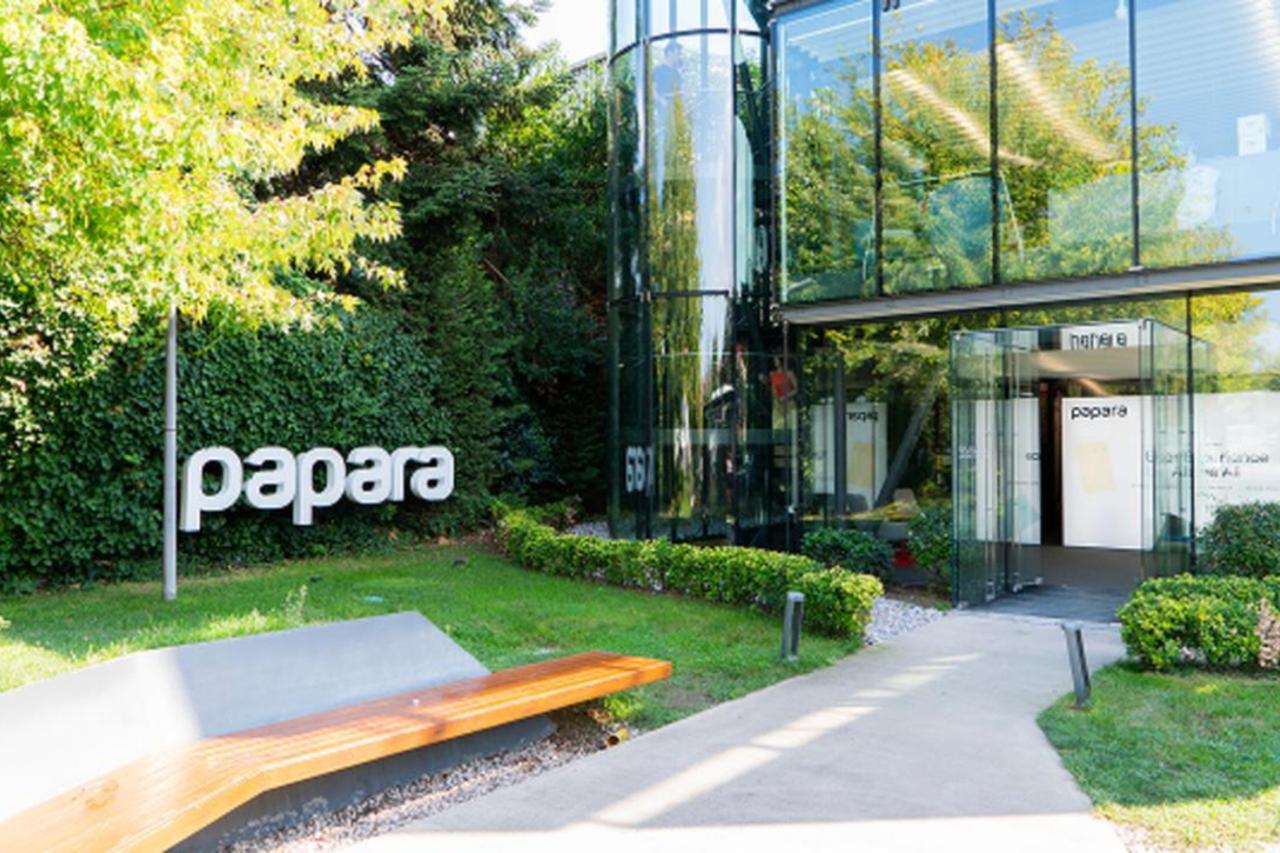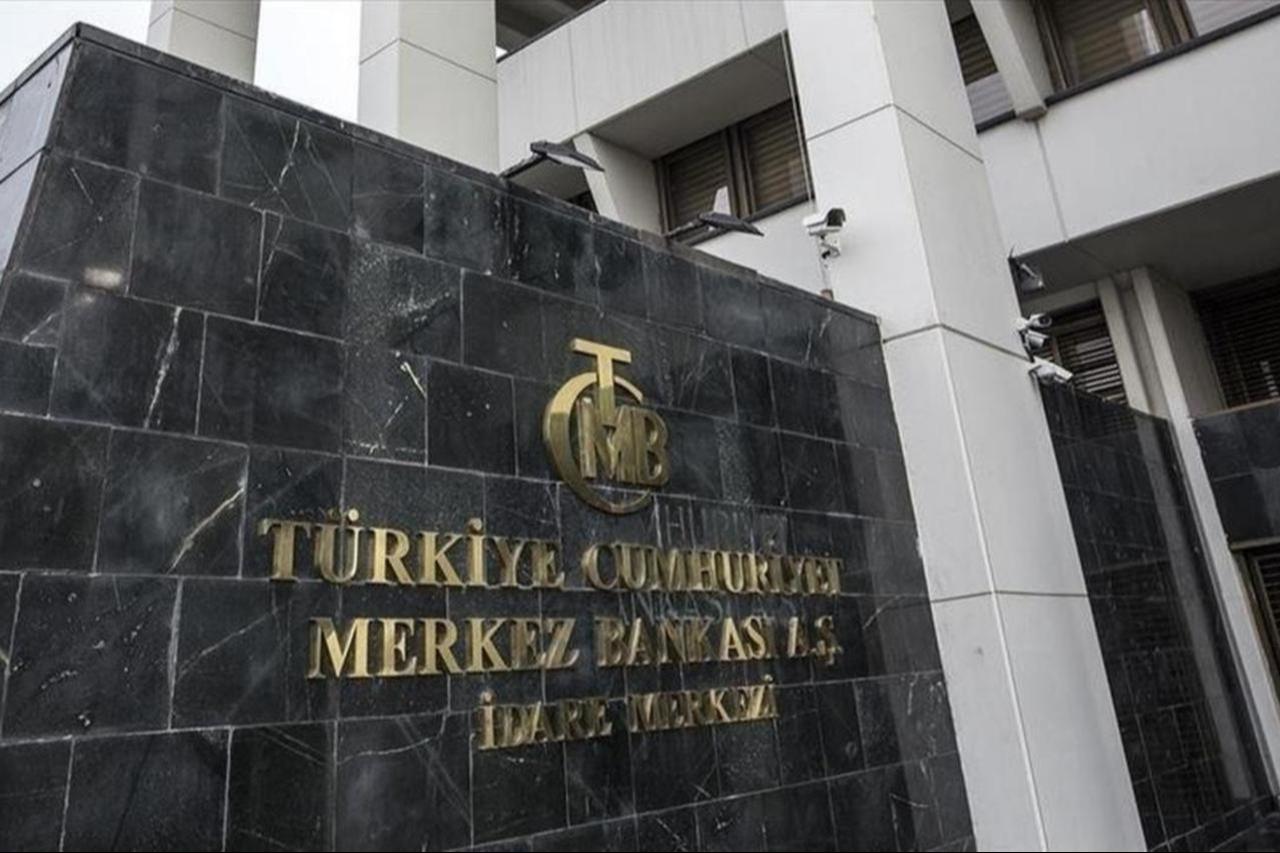
The Central Bank of the Republic of Türkiye (CBRT) revoked the operating license of Papara, one of the country’s largest financial technology firms, on Friday as part of an ongoing probe into illegal betting and money laundering activities.
According to a decision published in the Official Gazette, Papara’s authorization to operate as an electronic money institution—originally granted in April 2016—was withdrawn based on a ruling by the Banking Regulation and Supervision Agency (BRSA).
The revocation follows a months-long investigation that led to the arrest of Papara’s founder, Ahmet Faruk Karsli, along with several senior executives in May. The company was subsequently placed under the trusteeship of the Savings Deposit Insurance Fund (TMSF).
An indictment supported by a CBRT audit report revealed that between 2021 and 2023, more than 26,000 Papara accounts were allegedly used on 102 illegal betting platforms. The total value of suspicious transactions reached nearly ₺12 billion (about $287 million).
Authorities said the funds were routed from Papara accounts to 274 domestic bank accounts before being transferred to multiple cryptocurrency wallets linked to betting networks.
Investigators traced 16 wallet addresses believed to have been used to launder proceeds from the operations.

Founded in 2015, Papara had grown into one of Türkiye’s most widely used digital payment platforms, providing instant money transfers, prepaid cards, and online wallets.
The company expanded abroad through acquisitions, including Spain’s Rebellion Pay and Pakistan’s SadaPay.
Earlier this week, the central bank also temporarily suspended certain operations of three other electronic money institutions—Sipay, Vepara and Fzypay.
With Papara now under state control, regulators are expected to tighten supervision of the sector to prevent similar abuses.
The central bank and BRSA have emphasized stricter enforcement of Know Your Customer (KYC) and Anti-Money Laundering (AML) procedures for electronic money institutions.